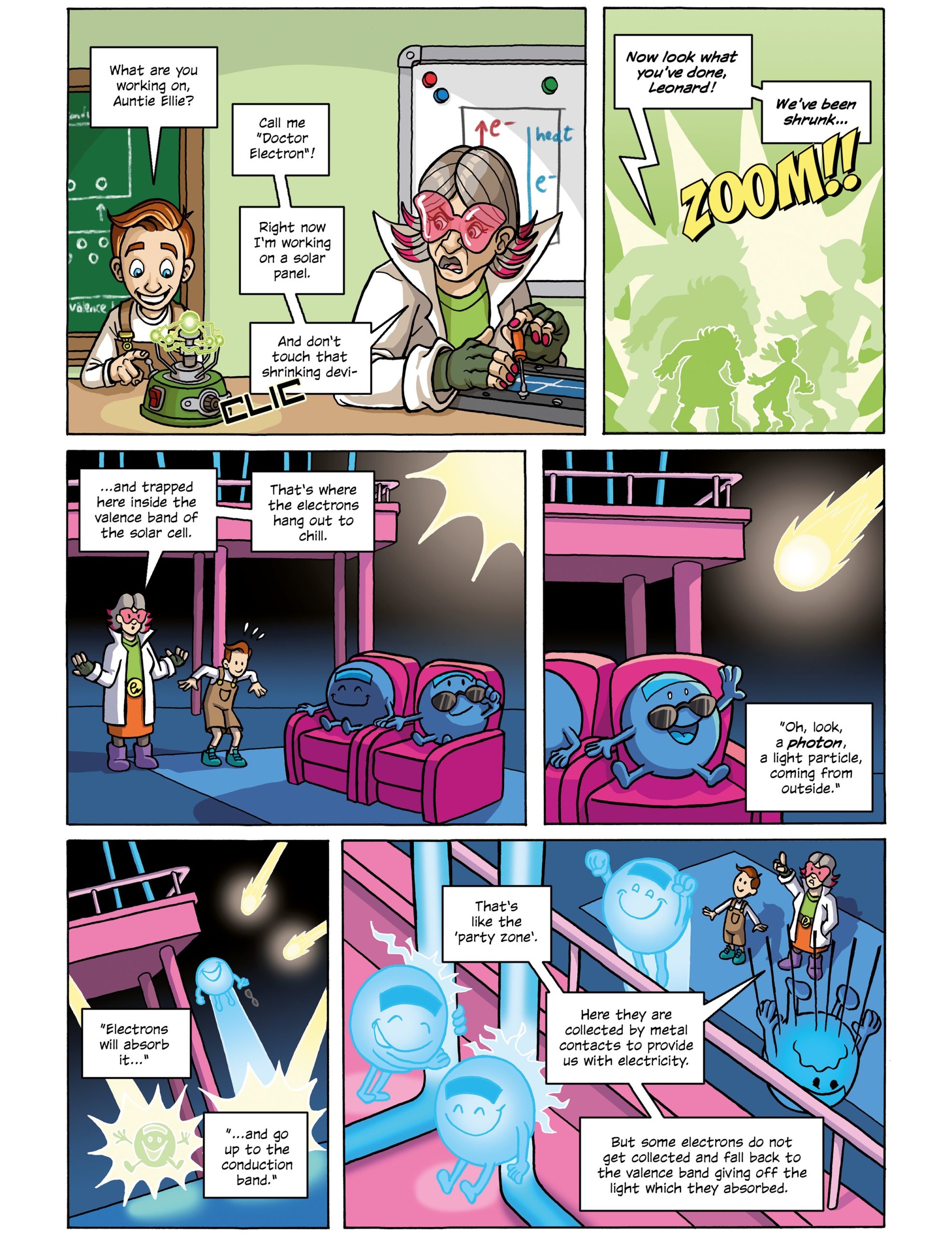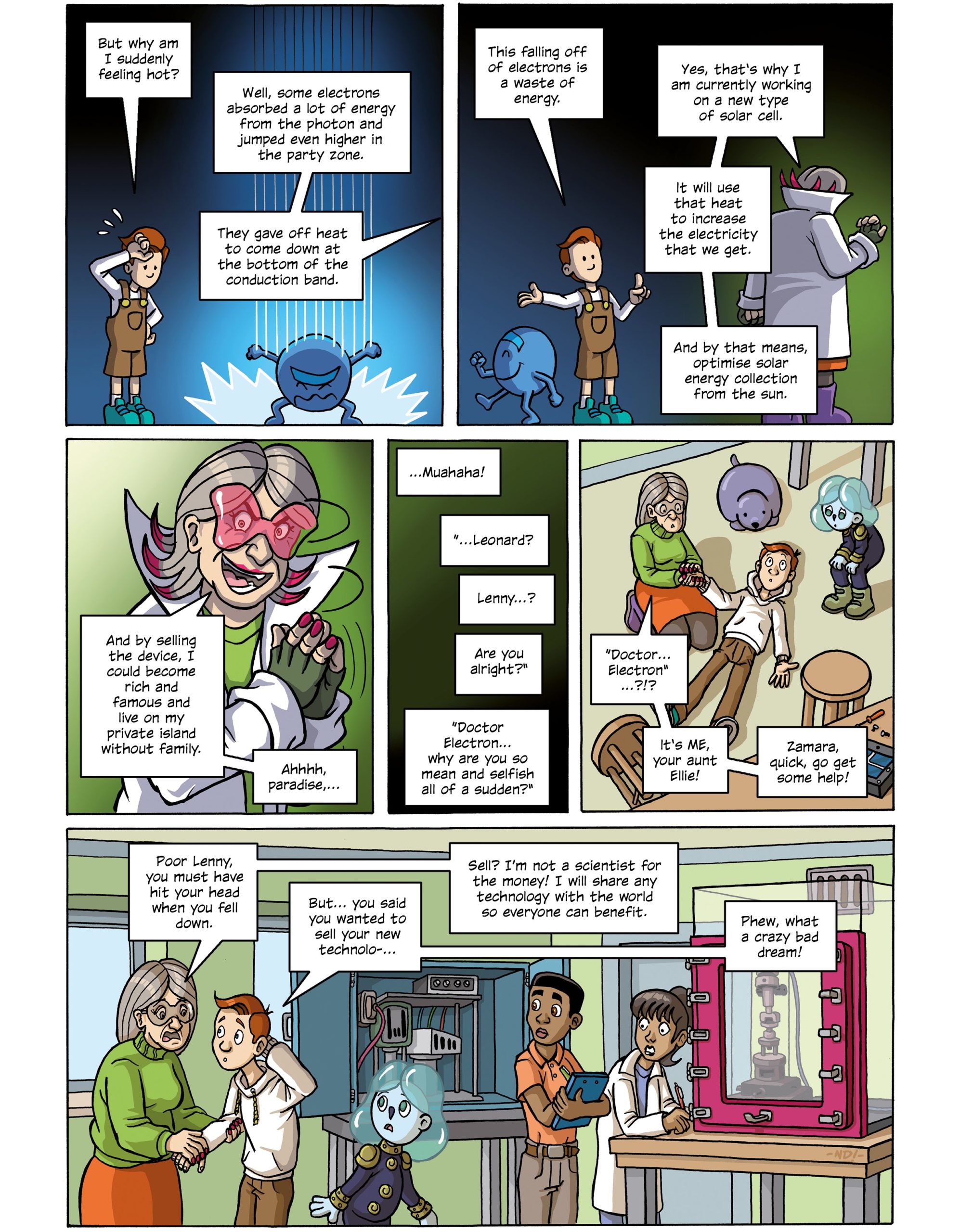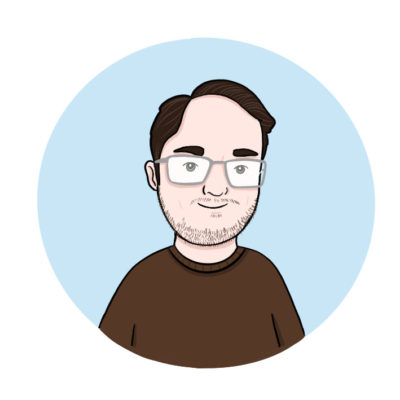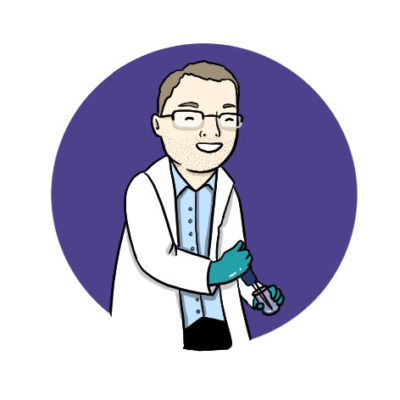Comics
Inside the Solar Cell
ARTIST
ANDY GENEN
Ever since he was a kid, Andy Genen (born in 1979) has always loved all kinds of comics. After finishing his studies at the Institut St-Luc in Brussels, where he actually studied “creating comics”, he started working as a freelance illustrator / comic book artist and has since illustrated numerous very varied projects. His best known comic work includes “De leschte Ritter” trilogy, which he created with Lucien Czuga, and several collaborations with John Rech (“Dream Catcher” and “Alex & Tun”). “De Roude Puma” and his latest series “Tow & Tank” are among his solo works.
Artistic Focus
more on the lighter, cartoony side
Contributions to LUX:plorations:
Inside the Solar Cell
Microglia: Guardians of the Brain?
Why did you participate in LUX:plorations?
“Always looking for new challenges, I’m happy each time I’m able to tackle projects coming from different directions in general. As I’m convinced of the didactic power of comics when it comes to explain all kinds of different subjects in an understandable manner, doing comics talking about scientific subjects is a no-brainer for me.”
What did you like most about LUX:plorations?
“First of all, I love it to work on new subjects I didn’t know much (or anything at all) about before. It keeps me involved right from the start as I have to begin by getting « into » the subject first, meaning that I work on every subject starting from zero AND I’m learning new things myself over the course of time. This helps me to keep things fresh for me.
But what I loved MOST about this particular project was the actual team work ! Before we started, I had no idea what to expect. Creating comics is quite a unique and special craft, and working with people that are new to the field may not be that easy, for both sides. But the 2 teams I worked with did SUCH an amazing job, from the beginning till the end ! They had really neat ideas and a clear vision of what story they wanted to tell. Furthermore, they really managed to teach me all the scientific facts and background that I needed and were very reactive when it came to provide me with any kind of additional info or material. On the other hand, they trusted me to bring my vision to their stories and always open to my ideas. They were always enthusiastic and involved and always brought some cool ideas and input to the table in order to improve the stories even more.”
What was the biggest challenge for you?
“One of the biggest challenges when it comes to educational comics is to find the right balance between storytelling and scientific content. If you rely TOO MUCH on the story itself, you don’t get people to learn much about the actual subject. But if you neglect the story and ONLY talk science, you end up with a dull collection of factual information without any coherent and interesting drive behind. So you always have to be aware of that fine line and try to juggle as best as you can in order to find the right balance between these two poles.”
SCIENTISTS/AUTHORS
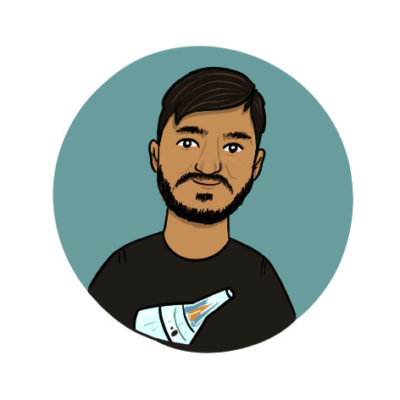
HIMANSHU PHIRKE
“In my doctoral thesis, I help develop cost and power efficient solar cells. I study the optical, electrical and compositional properties of thin film solar cells.”
Research Focus
Thin film solar cells
Affiliation
Photovoltaics: Advanced Concepts for high Efficiency (PACE) research group, Department of Physics and Materials Science (DPhyMS)
University of Luxembourg
Contributions to LUX:plorations:
Inside the Solar Cell
Why did you participate in LUX:plorations?
“I wanted to expand my knowledge and gain experience in something apart from core research. LUX:plorations was the best platform to do so.”
What did you like most about LUX:plorations?
“The structure and content of the course as well as the individual attention andenthusiasm of the mentors.”

ANNA SCHMITT
“I study the neuronal activity of gifted adults when they are exposed to different visual stimuli such as words, symbols, digits, objects and faces. The neuronal activity is naturally produced by the brain. To measure that, I use the electroencephalography (EEG): thanks to electrodes put on the head of my participants, I can analyse the activity of neurons.”
Research Focus
Adult’s giftedness
Affiliation
Department of Behavioural and Cognitive Sciences (DBCS), Institute of Cognitive Science and Assessment (COSA)
University of Luxembourg
Contributions to LUX:plorations:
Inside the Solar Cell
Microglia: Guardians of the Brain?
Why did you participate in LUX:plorations?
“I participated in LUX:plorations due to my interests in communication of science to a large audience.”
What did you like most about LUX:plorations?
“The thing that I liked most was the interdisciplinary. Working with other researchers was interesting and instructive.”
What was the biggest challenge for you?
“The biggest challenge was sometimes to handle with my other research projects. But it was worth the effort.”
MENTOR
JESSICA BURTON
Jessica Burton is a researcher at the Luxembourg Centre for Contemporary and Digital History (C2DH), working on the relationship between European comic transfers in the 1960s within the Popkult60 project. She specialises in comics studies and has previously worked as a comic editor for Titan Comics, on titles such as Doctor Who, before embarking on her PhD. She is a mentor for LUX:plorations, and teaches classes on comics history at the
University.
Research Focus
Comics, History, Cross-cultural Transfers, Popular Culture
Contributions to LUX:plorations:
Becoming an Agent of Change
Chronicles from Platform 6
Inside the Solar Cell
Microglia: Guardians of the Brain?
Why did you participate in LUX:plorations?
“I truly believe in the power of comics to inform and educate, so jumped at the chance to help fellow doctoral candidates learn how to tell their research through comics form.”
What did you like most about LUX:plorations?
“Watching the doctoral candidates work on their ideas and seeing them engage with the artists for an amazing end product.”
What was the biggest challenge for you?
“Finding the balance between suggesting ideas and allowing participants maximum creativity.”
SUPERVISOR
SERGE HAAN
Serge Haan is a professor of biological chemistry in the Department of Life Sciences and Medicine (DLSM) at the University of Luxembourg. His research in the Molecular Disease Mechanisms Group focusses on molecular disease mechanisms associated with the development and metastasis of colon cancer: how do cancer cells develop resistance to treatment and how do they interact with their microenvironment? His strong interest in communicating science to the public led to his founding the DESCOM project.
Research Focus
Molecular Disease Mechanisms, Cellular Signaling
Contributions to LUX:plorations:
Inside the Solar Cell
A Gut Feeling
Why did you participate in LUX:plorations?
“I like thinking about how to break down difficult scientific content into understandable communications. It is actually a fun challenge and I consider it a duty of a University to reach out to the public.”
What did you like most about LUX:plorations?
“The dynamic of the entire team is excellent. Everybody is extremely motivated and we are all working towards the same goal.”
What was the biggest challenge for you?
“The remote work on such an interactive process with many discussions around the details in the graphics was a challenge. However, it turned out to work quite well in the end.”

